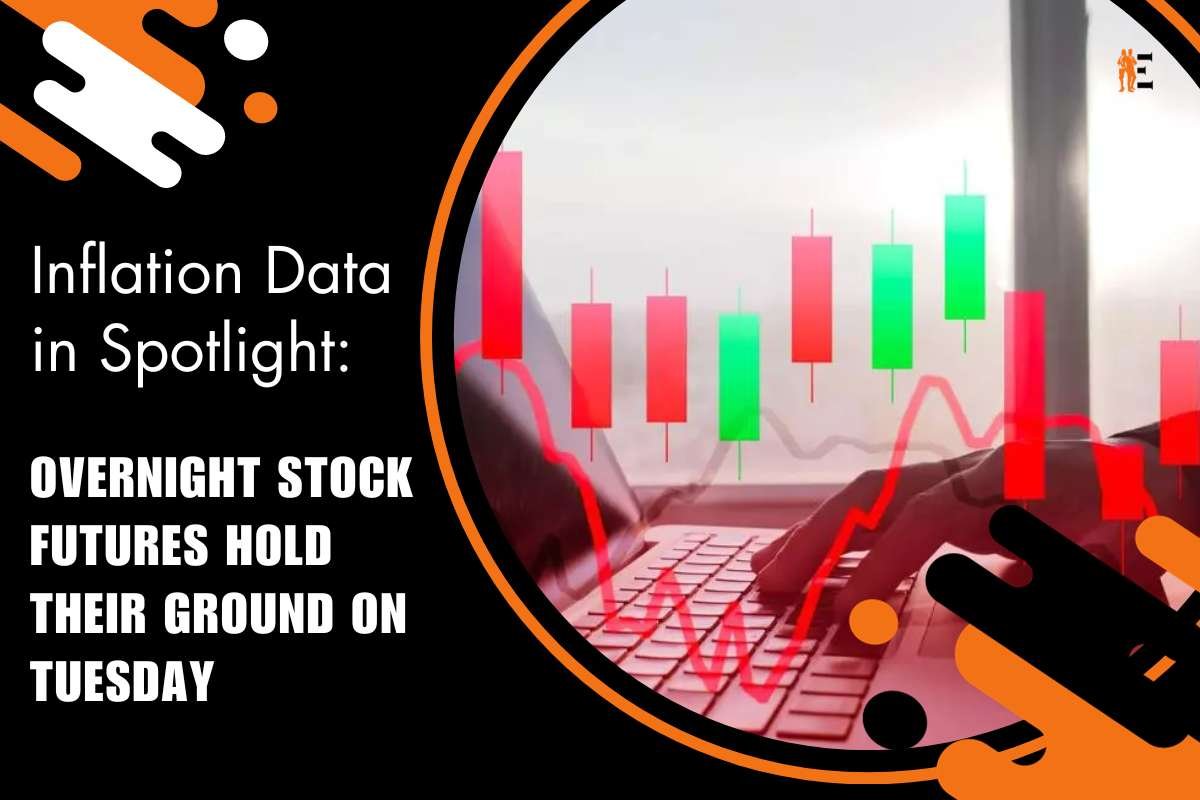Foxconn, the renowned iPhone manufacturer, is making significant investments in electric vehicles and restructuring its supply chains amid escalating tensions between the United States and China. In an exclusive interview, Chairman Young Liu shared his insights on the future of the Taiwanese company.
Moving Toward EV-Driven Growth
Liu emphasized that despite diversifying its supply chains away from China, the growth of Foxconn in the coming decades will be primarily driven by EVs. With the unpredictable nature of US-China relations, Liu stated that Foxconn must be prepared for the worst-case scenario. He expressed his hope for peace and stability, but as a CEO, he believes it is essential to plan for potential challenges.
To ensure business continuity, the company has initiated “business continuity planning,” relocating some production lines associated with “national security products” from China to Mexico and Vietnam. These products likely include servers used in data centers, which may contain sensitive information.
From TV Knobs to More
Established in 1974, Foxconns initially produced TV knobs but has since grown into a technology powerhouse, generating an annual revenue of $200 billion. While renowned for manufacturing more than half of Apple’s products, including iPhones and iMacs, the company also serves clients such as Microsoft, Sony, Dell, and Amazon.
For decades, the company has followed a successful playbook: designing products in the US, manufacturing them in China, and selling them globally. However, as tensions between Washington and Beijing sour, the company finds itself caught between the world’s two largest economies, which have fueled its growth until now.
Us-China Tensions
One of the primary sources of contention between the US and China is Taiwan, where Foxconn is headquartered. China’s President Xi Jinping’s repeated calls for “reunification” have disrupted the uneasy status quo, while the US, under President Joe Biden, has expressed increased support for Taiwan in case of an attack.
Shihoko Goto, the deputy director for the Asia program at the Wilson Center in Washington DC, remarked that while Foxconn desires to conduct business with both nations, there can ultimately only be one winner in the strategic competition between the US and China.
However, Liu believes that Foxconn’s business model, which relies on US designs and Chinese manufacturing, is far from over. He highlighted the importance of supporting workers, indicating that both the Chinese government and other countries want companies like Foxconn to continue due to the vast number of jobs they create.
Effects of COVID-19
The geopolitical landscape and the COVID-19 pandemic have added additional complexities to supply chains. Companies are considering “de-risking” from China to reduce global reliance on the country. Liu acknowledged that some overseas clients have pushed for production to move out of China due to de-risking efforts initiated by their governments.
Furthermore, COVID-19-related challenges have prompted companies to consider diversifying their supply chains. Foxconn faced protests and riots at its Zhengzhou factory, the world’s largest iPhone manufacturing plant, in 2022 due to Beijing’s stringent COVID policies. Liu admitted that he would have halted production entirely if a similar situation occurred again, even if it risked displeasing clients like Apple.
What the Future Holds
Looking ahead, Foxconn is betting on electric cars as its next significant venture. Liu highlighted the company’s familiarity with the technology behind EVs, given their similarity to smartphones. Foxconn aims to capture approximately 5% of the global EV market in the coming years, leveraging its expertise in batteries and motors. The company plans to establish car factories in Ohio (US), Thailand, Indonesia, and potentially India.
While Foxconn will continue its focus on manufacturing electronic products for clients, Liu envisions the company eventually selling its own cars. The expansion into EVs allows Foxconn to diversify both its production and supply lines, which Liu believes are crucial for the company’s future success.











